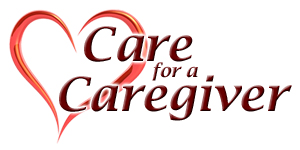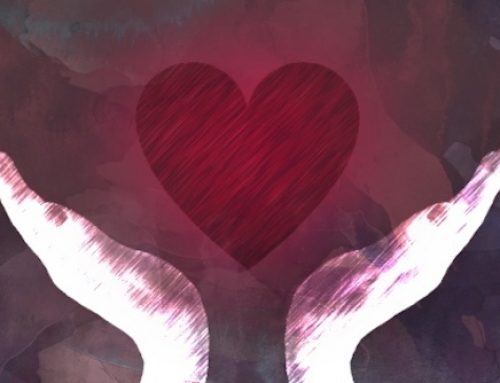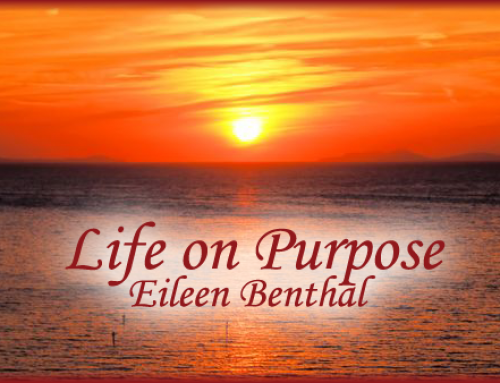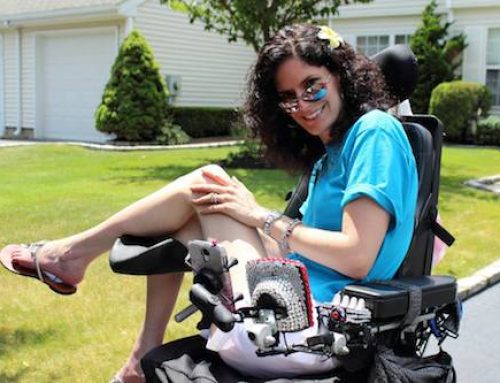- “For you created my inmost being; you knit me together in my mother’s womb.
I praise you because I am fearfully and wonderfully made;your works are wonderful.”(Psalm 139:13-14)
January 22 marks 41 years since the U.S. Supreme Court affirmed the legality of a woman’s right to have an abortion under the 14th amendment to the U.S. Constitution.
The 14th amendment, section I states, ”No state shall make or enforce any law which shall abridge the privileges or immunities of citizens of the United States; nor shall any state deprive any person of life, liberty, or property, without due process of law; nor deny to any person within its jurisdiction the equal protection of the laws.”
A new era of an interpretation of this right to abortion began in the United States with that decision. In the wake of that decision, a polarization of groups of Americans based on opinions for or against abortion divided society as a whole.
I was 10 years old at the time and honestly, I don’t remember discussing the case even in our own family. Maybe everyone thought I was just too young. However, by the time I was 12, I was participating in our town’s March of Dimes annual walk-a-thon, raising money for babies born with birth defects.
I think I did the walk for at least two years, but by the third year, I had a change of mind. It wasn’t the walk or the company or the effort it took to raise the money. It was the debate I participated in my English class at school. The topic we chose to debate on was abortion. I was pro-life, a stance I never questioned, not because my Catholic faith forbid it, but rather because I always believed in the value of all human life from conception to natural death.
While I was researching Roe v. Wade and the topic of abortion, I learned that while the March of Dimes does great work to improve maternal and child health, they see abortion as part of their prevention strategy for eliminating birth defects. They utilize prenatal diagnosis of birth defects to encourage parents to terminate the pregnancy and abort the baby. While there is no cure for Down’s Syndrome, the March of Dimes sees abortions as part of their world wide prevention strategies towards greatly reducing the number of babies born with this extra chromosome. Here’s one example, from their Global Report under birth defects prevention:
“As a result of social and economic change, the proportion of older mothers has subsequently risen to 11-18 percent depending on country. This would formerly have entailed a Down syndrome birth prevalence of 1.6-2.2 per 1,000 live births. However, in the years 1995-2000 in most of Western Europe, approximately 50 percent of affected pregnancies were terminated following prenatal diagnosis, and the prevalence of Down syndrome remains low at 0.8-1.1 per 1,000 live births.” See: Global Report on Birth Defects: The Hidden Toll of Dying and Disabled Children.
After doing the research, I decided that I couldn’t, in good conscience, support an organization that used abortion as a strategy for preventing birth defects. I understand and applaud organizations like the March of Dimes for their efforts in improving maternal health through initiatives like nutrition and supplementation and for providing assistance to children born with genetic defects. I knew then, as I know now, that I can never support abortion as prevention of a disease. It is the end of a human life.
I have never wavered in my beliefs on abortion because for me, it is a matter of life and death. Now as the mother of a child with a genetic disability, I understand the costs — the physical, emotional, psychological and financial costs of raising a child with disabilities. But the life of every person, disabled or not, is worthy of our respect and protection. I have also grieved with women who have had abortions, acknowledging their loss and extended the Lord’s love and forgiveness.
In November 2013, New York magazine ran a story which highlighted abortion stories of 26 women. While the perspective was largely pro-abortion, in my reading of their stories, none of them expressed this as a positive life event. Sadly in these stories, the women did not find the love and support they needed to make the choice to carry their children to birth. And in some cases, they found pro-life advocates were not compassionate to their pain. To a few of the women, abortion was simply a solution. But to most of the women, there was pain, confusion and even anger — all very natural responses to grief. When we lose someone who is a part of our life, we grieve.
I have a few friends who work with Project Rachel, a ministry to men and women who have had abortions and are searching for support and healing.
On their website, there are also stories of women who have suffered through abortions. The biggest difference between these stories and those in New York magazine, is that those who reached out to Project Rachel realized that they have done something wrong which has not only taken the life of their child, but has devastated their own lives too.
In all these stories, pro-life or pro-abortion, I see one common thread. Each woman knew they were aborting a baby. Everyone had their own reasons for choosing abortion, sometimes more than once. But in each story, there is acknowledgement of the human life they carried, even if for a short time.
This is the true cost of abortion; a human life is ended. Everyone knows that, but because our society does not acknowledge that young human life as a person, there are few protections under the law. The little protections they have are dwindling quickly.
In the closing majority opinion for Roe vs Wade, Supreme Court Justice Blackmun wrote, “If this suggestion of personhood is established, the appellant’s case, of course, collapses, for the fetus’ right to life would then be guaranteed specifically by the Amendment.”
If only we acknowledged the personhood of the little life within the womb of every pregnant woman, then every child would have the right to life. If we could but be as “little children” and remember the wisdom of Dr Seuss’ “Horton Hears A Who” which reads, “A person is a person, no matter how small.” Then the case for abortion would collapse, as Justice Blackmun predicted, and every person would have the legal protection for right to life.

![]()

Eileen Benthal has a B.A. in theology from Franciscan University of Steubenville. She is a writer, speaker and wellness coach at 40DaysToFocus.com and NOFO Wellness Center. She works with clients locally and around the U.S. who are excited about balancing their health in body, mind and spirit.
Eileen and her husband Steve live in Jamesport and have four young adult children. Their youngest, 17-year-old Johanna, is a teenager with special needs. Eileen can be reached at eileenbenthal@gmail.com andfacebook.com/40DaysToFocus.






Leave A Comment